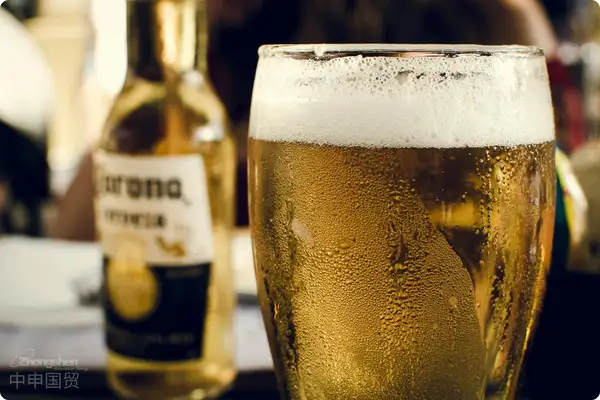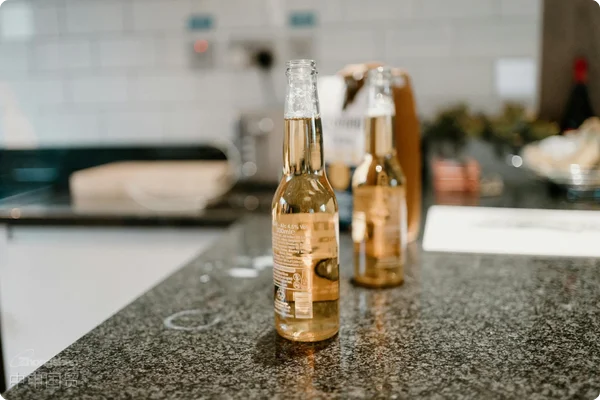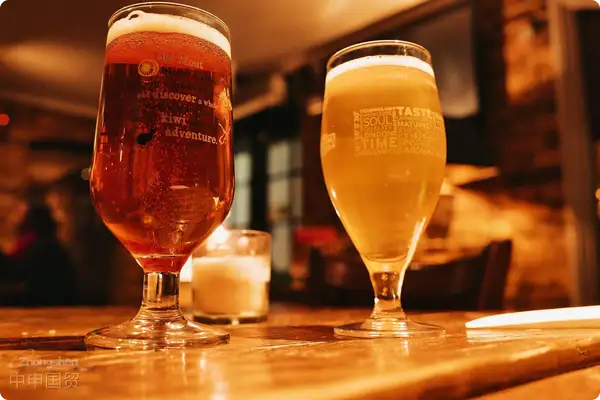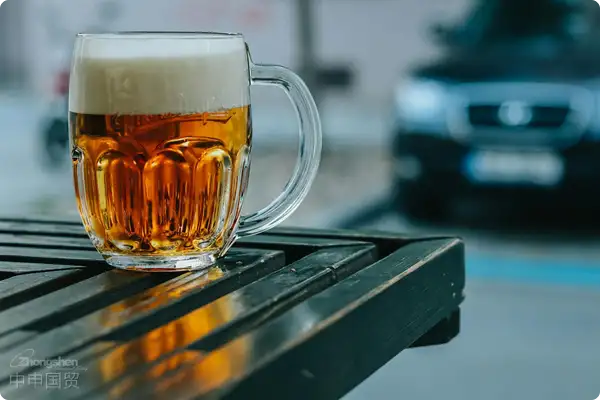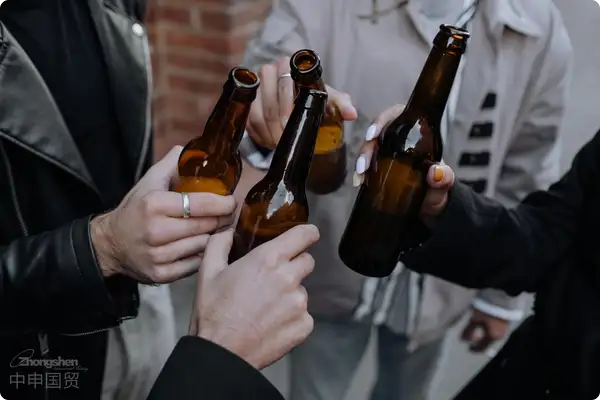- Shanghai Zhongshen International Trade Co., Ltd. - Two decades of trade agency expertise.
- Service Hotline: 139 1787 2118
Baijiu, as Chinas traditional distilled liquor, is not only deeply loved domestically but also gradually gaining attention in international markets. As one of the worlds seven major distilled spirits, Baijiu exportation represents both cultural dissemination and a complex process of regulatory compliance and quality control. This article will analyze relevant regulations and management practices for exporting Baijiu, providing comprehensive guidance for related enterprises.
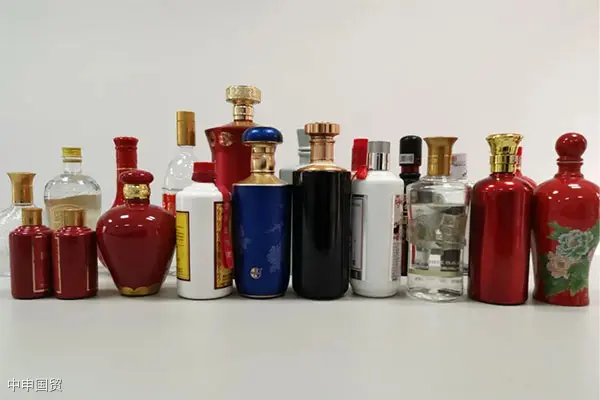
I. Definition and Classification of Baijiu
Definition
Baijiu is a distinctive Chinese distilled liquor primarily made from cereal grains, using Daqu, Xiaoqu, Fuqu, enzyme preparations and yeast as saccharification and fermentation agents, produced through steaming, saccharification, fermentation, distillation, aging and blending processes.
International Standard Nomenclature
In 2021, the Customs Tariff ofimport and exportthe Peoples Republic of China officially designated the English name of Chinese Baijiu as Chinese Baijiu, unifying its nomenclature in international markets.
Classification
Based on raw materials, fermentation starters, production methods and aroma types, Baijiu can be categorized into sorghum liquor, corn liquor, glutinous rice liquor, multi-grain liquor and other varieties, covering twelve major aroma types including strong aroma, sauce aroma and light aroma.
II. Laws, Regulations and Technical Standards for Baijiu Export
Exporting Baijiu requires compliance with a series of domestic and international laws, regulations and technical standards.
Domestic Regulations
Including the Food Safety Law of the Peoples Republic of China, Administrative Measures for Import and Export Food Safety of the Peoples Republic of China, etc., covering standards for food additive usage and limits of contaminants in food.
2International Regulations and Standards
Food safety regulations and guidelines from EU, US, Japan, South Korea and other countries, such as FDA and EPA safety standards, Japans Food Sanitation Law, etc. Hong Kong Chinas Pesticide Residues in Food Regulation, etc.
Baijiu-Specific Standards
For example, the GB/T10781 series standards cover the specific production technical requirements of different flavor types of liquor.
III. Regulatory Process for Baijiu Export
The Baijiu export process involves multiple stages including registration, record-filing and pre-declaration supervision.
Registration and Record-Filing
Export enterprises need to apply to customs for export food production enterprise record-filing, ensuring effective operation of food safety and hygiene control systems.
Pre-Export Declaration Supervision
Exporters must submit declarations to customs including product name, specifications, production date, etc., ensuring products meet importing country standards or contract requirements.
Customs Review and Evaluation
Customs conducts reviews of exported Baijiu including verification of documentation, product packaging, hygiene conditions, and sampling inspection when necessary.
IV. Key Considerations for Baijiu Export
Monitoring Foreign Technical Regulations and Standards
Liquor export enterprises should promptly track updates to technical standards and regulations in importing countries to avoid economic losses due to non-compliance.
Strengthening Research on Physicochemical Component Safety
Focus on safety indicators like methanol, heavy metals and plasticizers to prevent technical trade barriers.
Enhancing Product Quality and Safety Levels
Strict quality control to ensure no safety risks caused by container equipment issues.
Food packaging and transportation marking information labeling
Comply with relevant international transportation regulations to ensure product traceability while meeting foreign prepackaged food labeling requirements.
Baijiu export is not just a commodity transaction but also a cultural dissemination. Understanding and complying with relevant regulations while improving product quality are key to entering international markets. With the international promotion of Chinese Baijiu, Chinese liquor will shine on the global stage.
Related Recommendations
Category case
Contact Us
Email: service@sh-zhongshen.com
Related Recommendations
Contact via WeChat

? 2025. All Rights Reserved. Shanghai ICP No. 2023007705-2  PSB Record: Shanghai No.31011502009912
PSB Record: Shanghai No.31011502009912
